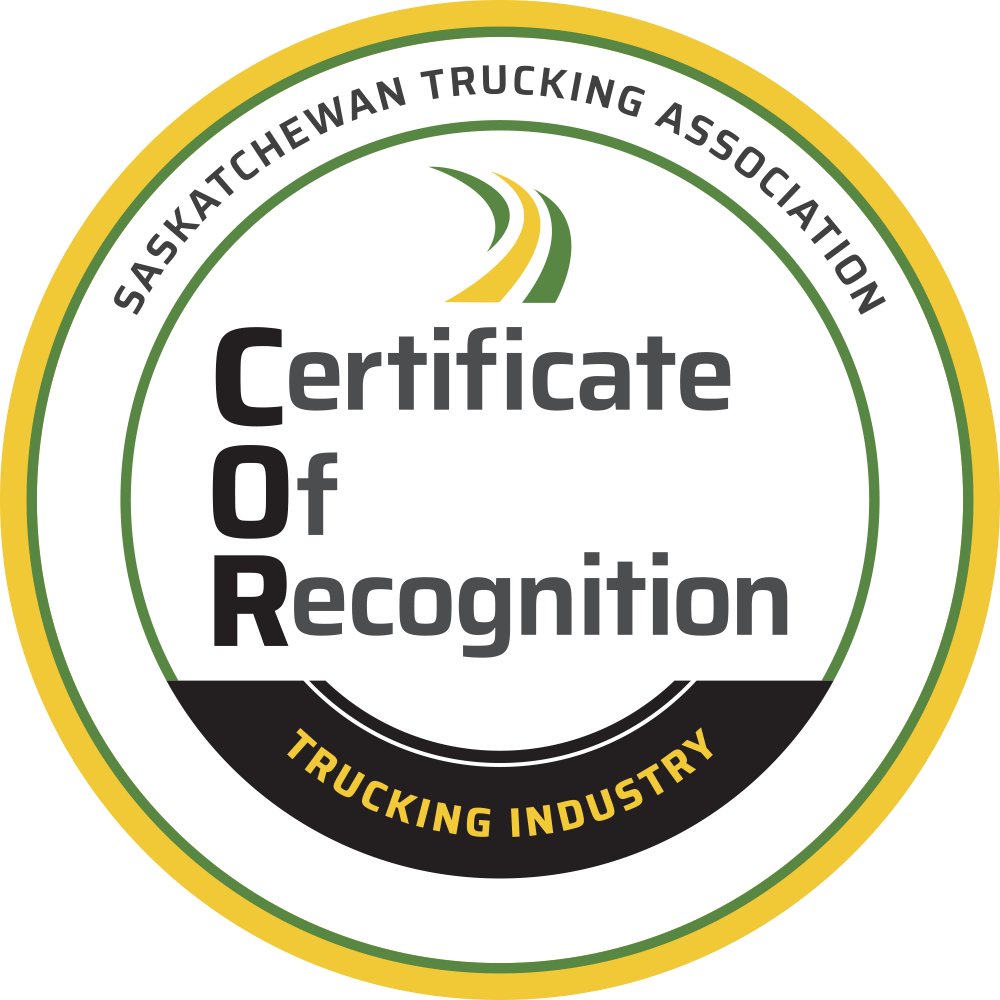
FMCSA Extends HoS Regulatory Relief for Emergency Goods in Response to COVID
December 9, 2020
The Federal Motor Carrier Safety Administration (FMCSA) extended and expanded its hours-of-service regulatory relief for commercial motor vehicle (CMV) drivers transporting emergency goods in response to the COVID-19 pandemic. The agency has asked CTA to forward the following info to members:

The Federal Motor Carrier Safety Administration (FMCSA) extended and expanded its hours-of-service regulatory relief for commercial motor vehicle (CMV) drivers transporting emergency goods in response to the COVID-19 pandemic. The agency has asked CTA to forward the following info to members:
The declaration has been extended to February 28, 2021, and expanded to include vaccines and supplies necessary for administering vaccines.
The extended and expanded emergency declaration provides regulatory relief for CMV operators transporting:
- Vaccines and constituent products, medical supplies, and equipment, including supplies or kits for administering COVID-19 vaccines;
- Medical supplies and equipment for the testing, diagnosis, and treatment of COVID-19;
- Supplies and equipment required for community safety, sanitation, and prevention of community transmission of COVID-19, including disinfectants, gloves, hand sanitizer, masks, and soap;
- Livestock and livestock feed; and;
- Food, paper products, and other groceries for the emergency restocking of stores or distribution centers.
For safety reasons, a driver who is moving from emergency relief efforts to normal operations must receive a minimum of 10 hours off duty if the total time the driver conducts emergency relief efforts, or a combination of emergency relief and normal operations, equals 14 hours. Regulatory relief under the emergency declaration does not include routine commercial deliveries or “mixed” loads containing a nominal quantity of qualifying emergency relief added to routine loads to obtain the benefits of the emergency declaration.
Conditions of the emergency declaration include:
- Drivers must operate CMVs in accordance with state laws and regulations, including all applicable speed limits and other traffic restrictions.
- Motor carriers must not require or allow fatigued drivers to operate a CMV. A driver who informs a carrier that he or she needs immediate rest must be given at least 10 consecutive hours before the driver is required to return to service.
- All prohibitions on texting while driving and using a hand-held mobile telephone while driving still apply.
- A motor carrier whose driver is involved in a crash while operating under the emergency declaration must report any recordable crash within 24 hours, reporting the date, time, location, driver, vehicle identification, and brief description of the crash.
- The emergency declaration does not provide any exemptions from the controlled substance and alcohol use and testing requirements, commercial driver’s license requirements, insurance requirements, or hazardous material regulations.
- Motor carriers or drivers currently subject to an out-of-service order are not eligible for regulatory relief granted by the declaration.
Carriers are encouraged to pay special attention to FMCSA’s FAQ with respect non-eligibility for Canadian destined shipments.
Certified Transportation Safety Professional
Ease your Mind
Do you have a trusted employee ready to be elevated to the next level? The Certified Transportation Safety Professional (CTSP) designation provides the gateway to manage a trucking company safety and compliance program.





